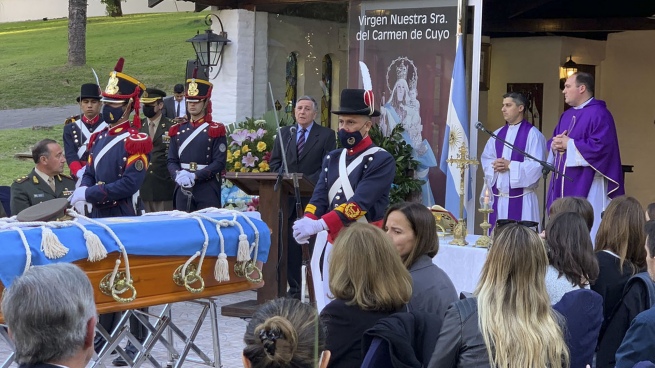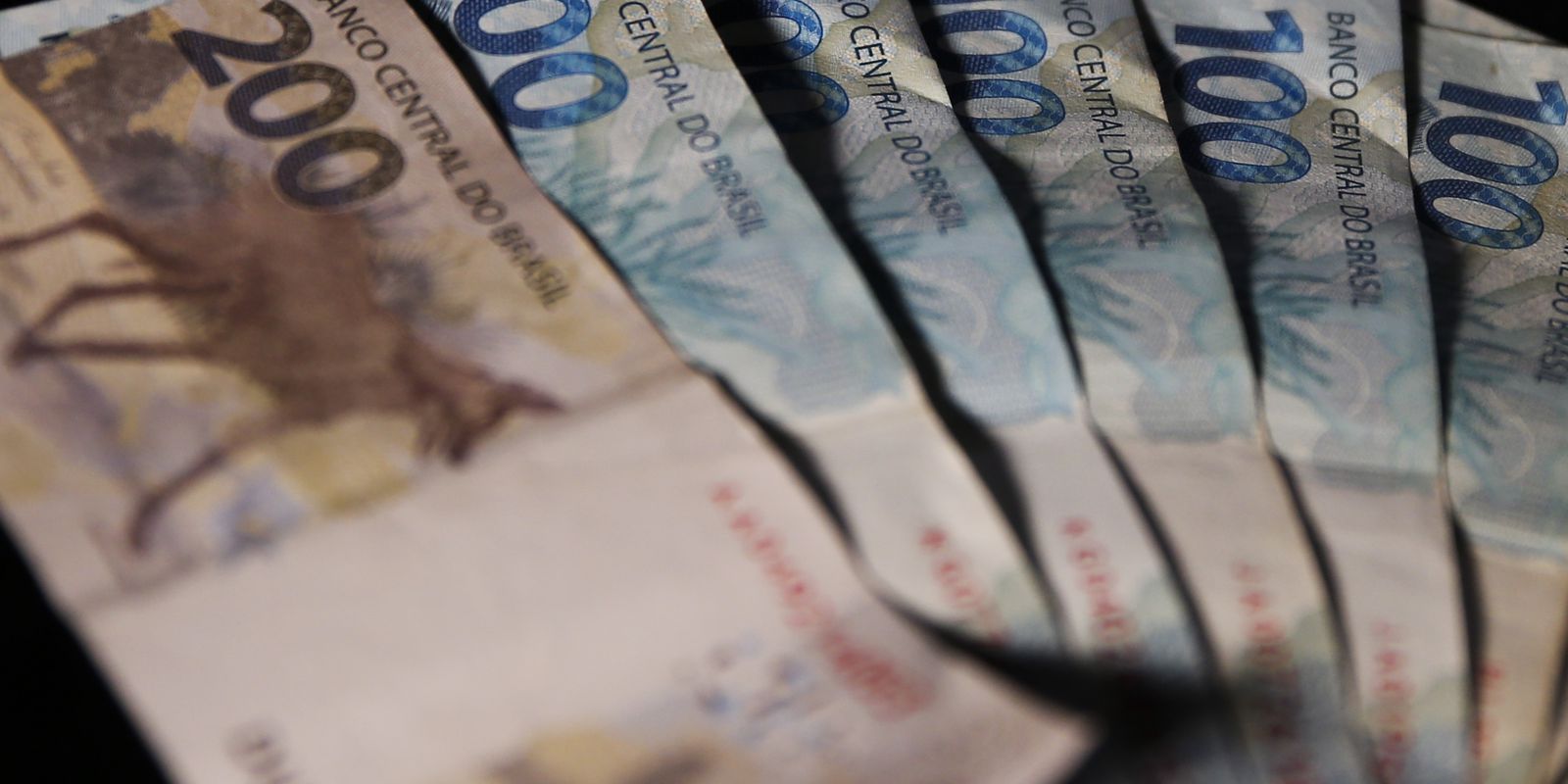The remains of the former head of the Army, Roberto Bendini, who died this Thursday at the age of 76, will be buried in the Memorial cemetery of the Buenos Aires city of Pilar, at kilometer 47.5, with honors from the 1st Patrician Regiment.
The ceremony will take place at 12:30, informed those close to the former head of the Army who lowered the paintings of the dictators Jorge Rafael Videla and Reynaldo Bignone at the Military College by order of then President Néstor Kirchner.
In honor of Bendini, a body mass was held in the General San Martín Horse Grenadier Regiment, attended by the Defense Minister, Jorge Taiana, and the Army Chief, Guillermo Pereda.
Bendini served as chief of the General Staff of the Army from 2003 to 2008 and was the protagonist on March 24, 2004 in a symbolic event in the search for Memory, Truth and Justice: on Kirchner’s instruction, he proceeded to lower the cadres of the repressors who had been former directors of that institution located in the Buenos Aires town of El Palomar.
His death was reported by Vice President Cristina Fernández de Kirchner, who posted on her Twitter account: “I am very sorry for the death of General Roberto Bendini, a man who held the position of Chief of the General Staff of the Army with enormous responsibility during the government Nestor and the first year of my presidency. My condolences to his family and friends”.
Lieutenant General Bendini entered the National Military College in 1965 and graduated as Second Lieutenant of the Cavalry at the end of 1968.
I very much regret the death of General Roberto Bendini, a man who held the position of Chief of the General Staff of the Army with enormous responsibility during the Néstor government and the first year of my presidency. My condolences to his family and friends.
– Cristina Kirchner (@CFKArgentina) April 14, 2022
A few days after taking office in 2003, Kirchner appointed him as chief of the General Staff of the Army and, after participating in the so-called “act of historical reparation” at the Military College, he had several confrontations with military sectors of the Army and relatives who They defend the repressors sentenced by the justice system for crimes against humanity during the last civic-military dictatorship.
One of those tense moments was when -as head of the Army- he decided to make Major Pedro Mercado available, whose wife, Cecilia Pando, had written a letter with harsh criticism of the national government for his fight with the military bishop Antonio Baseotto.
In September 2008, during the presidency of Cristina Fernández de Kirchner, Bendini submitted his resignation after being accused of participating in an alleged corruption case, from which he was dismissed in 2013.
Bendini, in addition to having been head of the Army, had a vast military career with participation at the international level, since he served as head of Operations in the United Nations Military Observer Group in Iraq and in 1993 he was head of the Army Battalion Argentine III deployed in Croatia as part of the “Unprofor” operation.
During 1993, he was the Argentine military representative at the Meeting for the Organization of the Armed Forces for Peace in Bosnia-Herzegovina.
Lt. passed away. General Roberto Bendini, Chief of Staff of the Army between 2003 and 2008. We will remember his commitment to our Armed Forces and our People. My condolences to his family, friends and comrades. pic.twitter.com/kCEjRG1vmI
– Jorge Taiana (@JorgeTaiana) April 14, 2022
In September 1996, he was co-director of the Morning Star exercise conducted at the South African Defense Forces War College.
In 1997 he attended the United States Army War College until mid-1998 when he was appointed Deputy Military Attaché at the Military Attaché Office in North America.
From July 1998 to July 1999, he was a delegate of the Argentine Army before the Inter-American Defense Board.
Following the news of his death, ministers and former ministers of the national government remembered Bendini and highlighted his “humility, good manliness” and “enormous responsibility” as head of the Argentine Army.
Through his Twitter account, the defense minister, Jorge Taiana, said: “Lt. Gen. Roberto Bendini, Chief of Staff of the Army between 2003 and 2008, passed away. We will remember his commitment to our Armed Forces and our People. My Condolences to his family, friends and comrades.”











